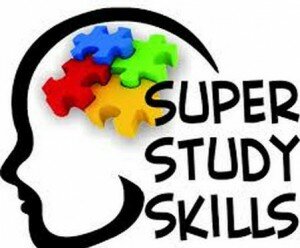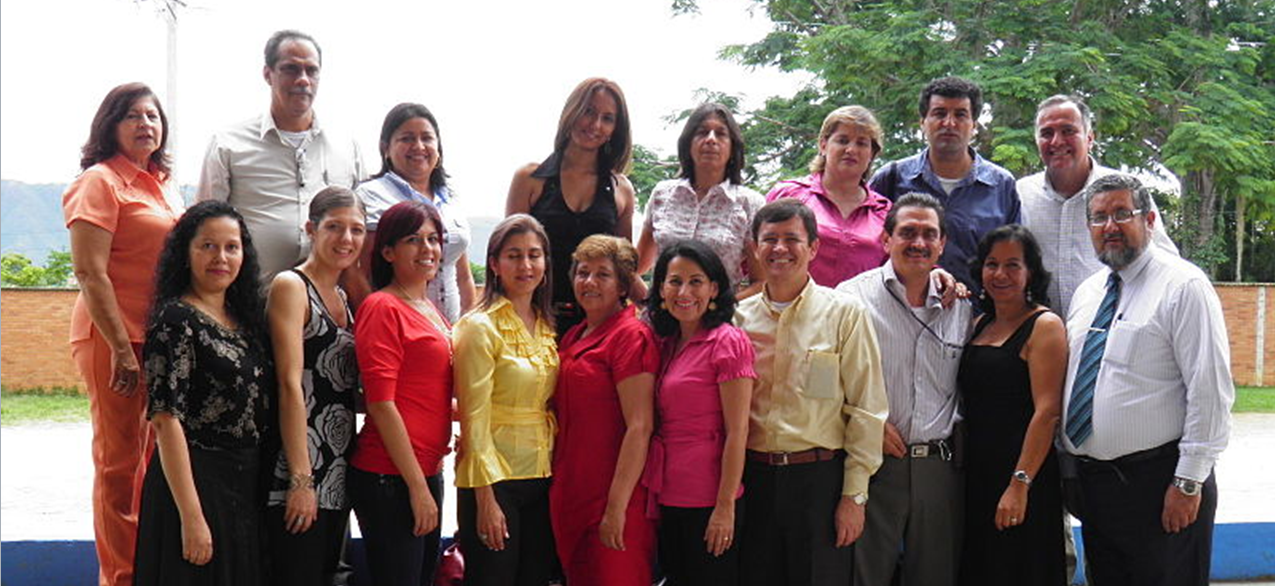I used to dislike the effects of technology to people (especially as it relates to study skills) – I mean the undesirable effects. People communicate a lot but they don’t do it personally. They don’t socialize even if they are in the same room and instead they are busy with their gadgets. Human interaction, which is very important, is gradually diminishing. That side of technology is one that I don’t like, However, to be perfectly honest there are quite a number of benefits offered by technology especially to students. I believe that it is actually the misuse of technology that is causing a problem. Technology has a lot to offer, it makes things easier and faster. It offers a wide variety of entertainment as well as educational tools. There are quite a number of apps nowadays that are extremely helpful to students. There are apps that are designed to help improve one’s vocabulary and grammar. I recently came across this article here that talks about the ways to use technology to improve success in college students and I found it really interesting. Through this article, students can learn making a good use of technology for their own benefits. You will learn a lot from this article, check this out:
7 Ways to Use Tech to Improve College Student Success | EDUCAUSE.edu
Educational attainment, academic achievement, student persistence, learning and development, and college completion. The success of college students is getting more attention these days with rising expectations, greater accountability (yet shrinking budgets), and dismal statistics, like this one:
Only about one of every four community college students who take a remedial course graduates within eight years.
The reality we face in higher education today invites different approaches to promote student success.
That’s what NGLC is all about. Our first challenge to the field was to find ways to bring to scale those different approaches—and even more specifically, technology-enabled innovations that promote student success in higher education. Via educause.edu
I will be posting more interesting articles here especially those that are extremely helpful to students and even those who are preparing for an exam. I’ve been doing a lot of research recently and I hope that you keep yourself updated with my post by visiting this website.

 How to speak English fluently is more a question of the psychology of English speaking than it’s that of your knowledge of the language. Fluency comes from the cultural familiarity with the language or, in other words, being at home with the culture of the language at the level of having verbally interacted enough to one or more of those who are fluent enough to induce the same fluency in your speaking pattern through interaction with them.
How to speak English fluently is more a question of the psychology of English speaking than it’s that of your knowledge of the language. Fluency comes from the cultural familiarity with the language or, in other words, being at home with the culture of the language at the level of having verbally interacted enough to one or more of those who are fluent enough to induce the same fluency in your speaking pattern through interaction with them. Studying rats as model subjects, scientists found that adolescents were at an increased risk of suffering negative health effects from sugar-sweetened beverage consumption.
Studying rats as model subjects, scientists found that adolescents were at an increased risk of suffering negative health effects from sugar-sweetened beverage consumption. Are you currently preparing for the IELTS exam? If so, you might have noticed that there is a lot of stuff available on the internet to help you. But where do you start? Here! This post gives you a collection of links that could help you in your preparation and explains what you can do with each of them.
Are you currently preparing for the IELTS exam? If so, you might have noticed that there is a lot of stuff available on the internet to help you. But where do you start? Here! This post gives you a collection of links that could help you in your preparation and explains what you can do with each of them. Ace the IELTS Simone Braverman 2.
Ace the IELTS Simone Braverman 2. There’s never really such a thing as a perfect blog post, is there? There’s always something else you could have done, something more you could have added. Another, better way you could have phrased a sentence.
There’s never really such a thing as a perfect blog post, is there? There’s always something else you could have done, something more you could have added. Another, better way you could have phrased a sentence. In an increasingly globalized economy, California will need a population with the skills and understanding to thrive in multiple settings, languages, and cultures. One way to prepare our young people for this interconnected future is by providing them with the fluency in two languages, cross cultural experience and understanding, and increased brain flexibility that they can gain through dual language or two-way immersion (TWI) programs.
In an increasingly globalized economy, California will need a population with the skills and understanding to thrive in multiple settings, languages, and cultures. One way to prepare our young people for this interconnected future is by providing them with the fluency in two languages, cross cultural experience and understanding, and increased brain flexibility that they can gain through dual language or two-way immersion (TWI) programs. The following article by Alejandro Ganimian was originally written for WISE ed.review, a website that offers a daily selection of cutting-edge news, fresh insights and innovative trends in education. WISE has given The Inter-American Dialogue permission to reproduce the piece on the PREAL blog. To read the original article, click here.
The following article by Alejandro Ganimian was originally written for WISE ed.review, a website that offers a daily selection of cutting-edge news, fresh insights and innovative trends in education. WISE has given The Inter-American Dialogue permission to reproduce the piece on the PREAL blog. To read the original article, click here. Working in teams and collaborating are two of the most important and beneficial skills of a modern professional, no matter where he or she is located in the world. Employees who can work together and create positive results are incredibly valuable to a business.While the need to collaborate locally will always exist, there’s a growing demand for businesspeople to work together remotely, whether with fellow staff on the other end of a continent or halfway across the globe. The continually progressing globalization of the world’s economy means that a greater emphasis is being placed on international teamwork than ever before. Businesses that can facilitate collaboration between their employees will have a better chance of solving problems and finding new business efficiencies. Of course, this is only true if the differences between different cultures and languages can be removed.
Working in teams and collaborating are two of the most important and beneficial skills of a modern professional, no matter where he or she is located in the world. Employees who can work together and create positive results are incredibly valuable to a business.While the need to collaborate locally will always exist, there’s a growing demand for businesspeople to work together remotely, whether with fellow staff on the other end of a continent or halfway across the globe. The continually progressing globalization of the world’s economy means that a greater emphasis is being placed on international teamwork than ever before. Businesses that can facilitate collaboration between their employees will have a better chance of solving problems and finding new business efficiencies. Of course, this is only true if the differences between different cultures and languages can be removed. Studying English at CISL and living in California is the perfect way to learn English, but sadly, we can’t live in California and be English students forever! Many students are afraid of “losing” the English skills they perfected while studying English in San Diego or San Francisco; however, if you follow these suggestions, you can keep your English skills sharp even while living in a non-English speaking country.
Studying English at CISL and living in California is the perfect way to learn English, but sadly, we can’t live in California and be English students forever! Many students are afraid of “losing” the English skills they perfected while studying English in San Diego or San Francisco; however, if you follow these suggestions, you can keep your English skills sharp even while living in a non-English speaking country. Non-native speakers exposed to English before moving to America are more likely to use the language in their daily lives in the United States, according to a report led by Princeton University’s Woodrow Wilson School of Public and International Affairs.
Non-native speakers exposed to English before moving to America are more likely to use the language in their daily lives in the United States, according to a report led by Princeton University’s Woodrow Wilson School of Public and International Affairs. The most recent episode of the Freakonomics podcast was about language learning, and featured an interview with Chicago psychology Professor, Boaz Keysar. He recently published a paper with some surprising results.
The most recent episode of the Freakonomics podcast was about language learning, and featured an interview with Chicago psychology Professor, Boaz Keysar. He recently published a paper with some surprising results.